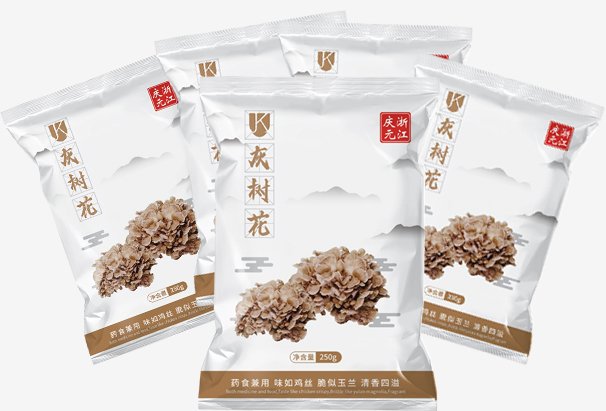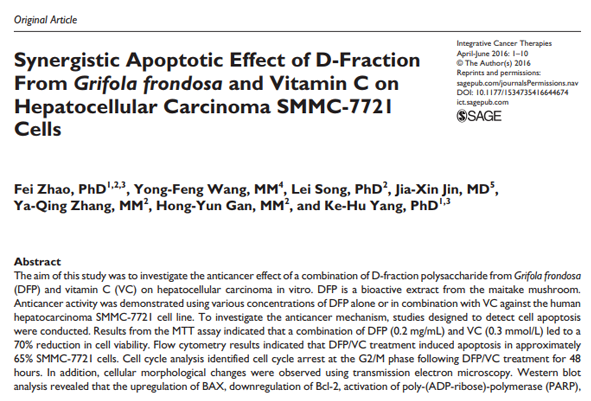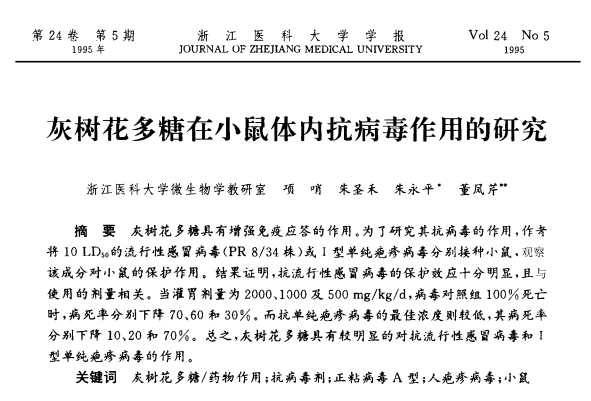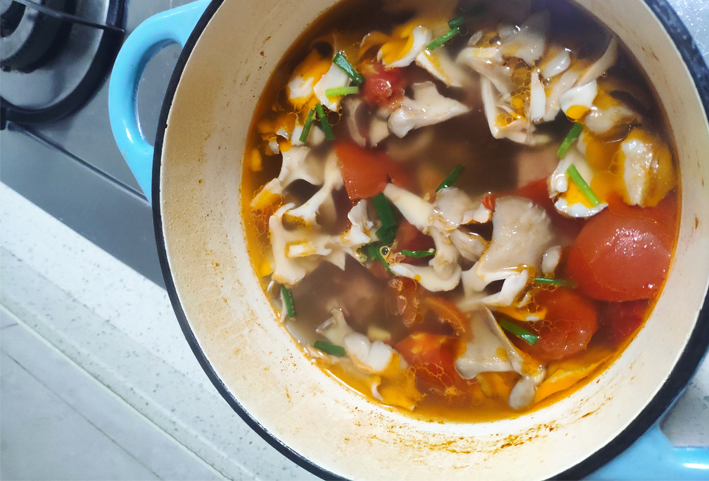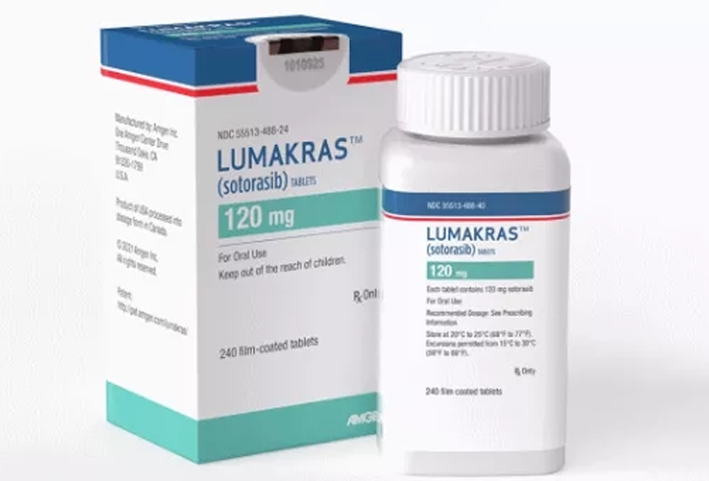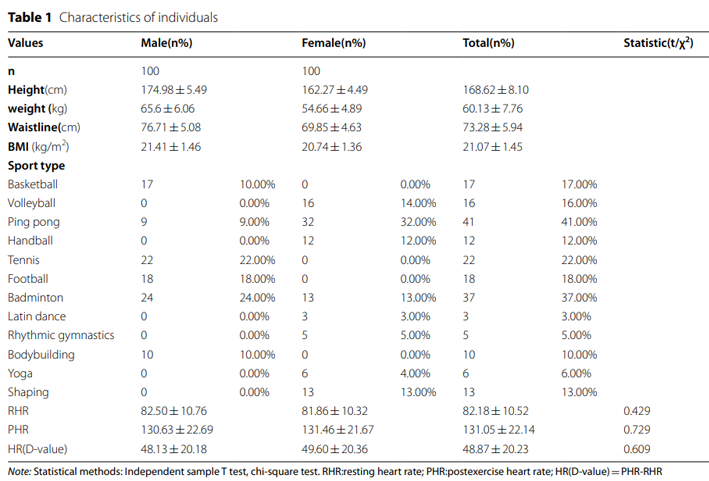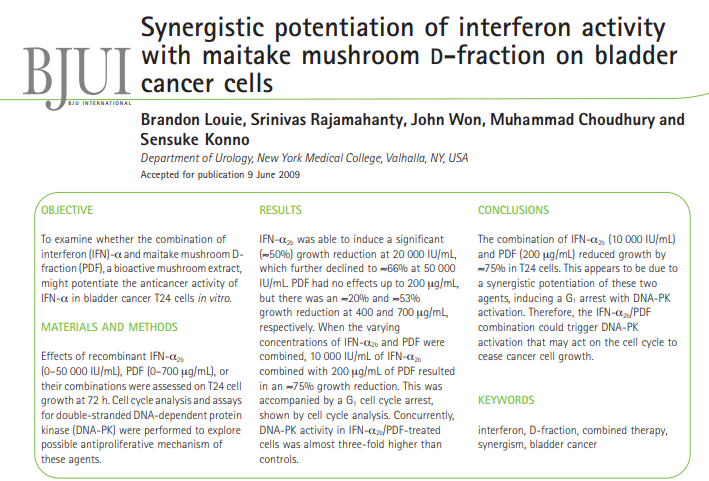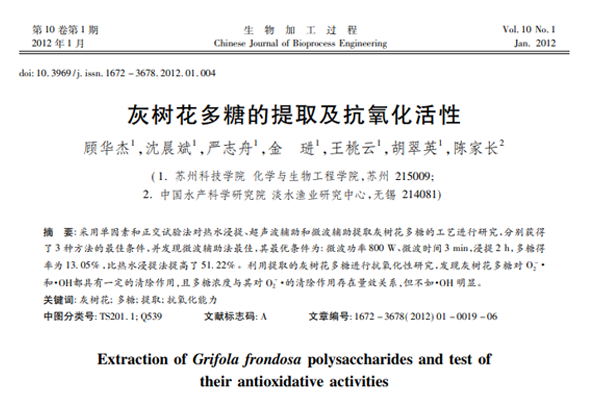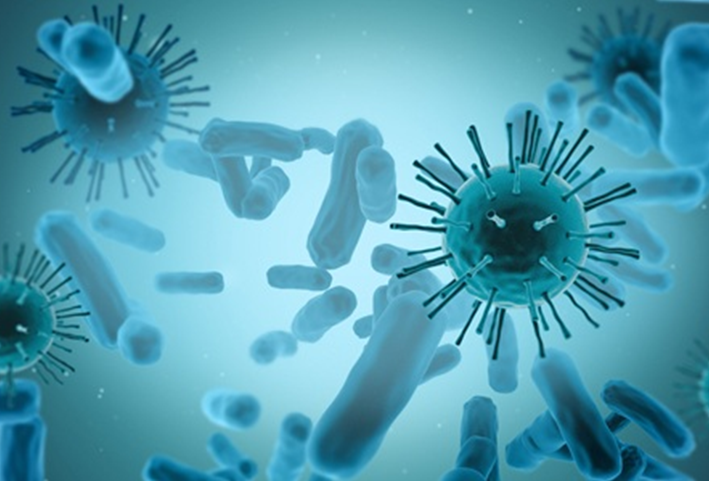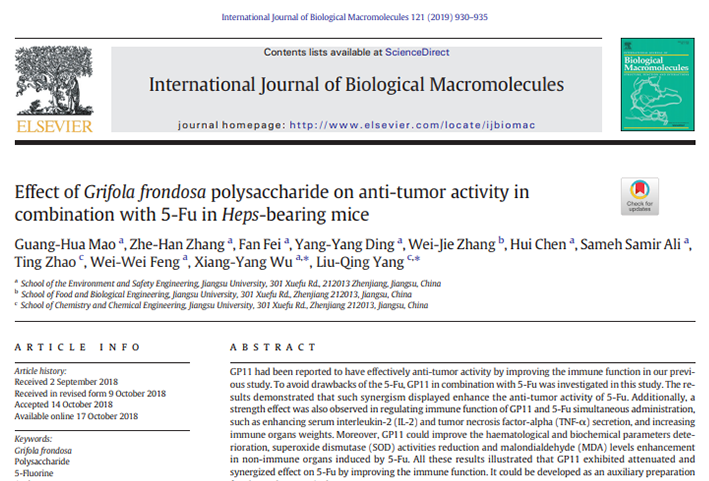In July, 2020, a study from the school of medicine of New York University in the United States showed that: compared with patients without heart disease after the diagnosis of breast cancer, breast cancer patients with heart disease after the diagnosis increased the risk of breast cancer recurrence by 59% and the risk of death by 60% [1].
Why does "Sadness" promote the progression and metastasis of breast cancer? What is the underlying mechanism?
In order to solve the mystery, Moore and her colleagues studied the possible mechanism of heart disease promoting the progression of breast cancer in the mouse model. The results showed that: the mice in the simulated myocardial infarction group grew huge tumors, and their volume and weight were twice as large as those in the sham operation group. This means that myocardial infarction will increase the growth rate of tumors.
In addition, the research team also found that myocardial infarction can lead to immune cell reprogramming, induce some immune cells to become immunosuppressive phenotypes, trigger systemic immune homeostasis imbalance, and accelerate the progress and metastasis of breast cancer.
It can be seen that once breast cancer patients are "sad", the problem is very serious, which will not only increase the risk of recurrence and metastasis of breast cancer, but also directly threaten the lives of patients. At the same time, this study also gives a wake-up call to the majority of breast cancer patients: we should protect our hearts and guard against heart attacks.
Why is breast cancer "sad"
Breast cancer related cardiotoxicity is mainly caused by anti-cancer treatment [2].
1. chemotherapy
Anthracycline drugs (doxorubicin and epirubicin) are the cornerstone drugs for the treatment of breast cancer, but it is also famous for its cardiotoxicity.
Anthracycline drugs are equivalent to a missile without GPS. After entering cardiomyocytes, they are bombarded everywhere, resulting in serious oxidative stress reaction, thus damaging the structure of cardiomyocytes, inducing apoptosis of cardiomyocytes, and causing patients to have heart failure, premature beat, tachycardia and other cardiotoxic reactions [3].
2. radiotherapy
Radiotherapy can reduce the risk of local recurrence and death of breast cancer. However, the study found that while the "big knife" of radiotherapy kills cancer cells, it will not only lead to upper limb lymphedema, radioactive skin lesions (including skin pigmentation, erythema, edema, etc.), acute radiation pneumonia (mainly manifested as fever, dyspnea, chest tightness, etc.), but also lead to radioactive heart damage.
Radiation induced cardiac injury includes pericardial disease (acute and delayed pericarditis, pericardial effusion and constrictive pericarditis), coronary artery disease, myocardial infarction, valvular heart disease and arrhythmia [4].
3. targeted therapy
Trastuzumab is the most commonly used therapeutic drug for patients with high expression of HER-2 in breast cancer. It can block the growth of breast cancer cells by blocking the key factors of the growth of breast cancer cells, thus improving the prognosis of breast cancer.
However, trastuzumab can also cause related cardiotoxicity (decreased cardiac function), and the incidence of cardiotoxicity will increase with the prolongation of drug use.
Especially when two or more chemotherapeutic drugs are used in combination, for example, trastuzumab combined with taxanes and anthracyclines, if the chemotherapy target is elderly patients with metabolic basic diseases, the cardiac toxicity will be greatly increased [5].
Of course, compared with chemotherapy, the cardiotoxicity caused by trastuzumab is relatively mild and dose-dependent, and can be recovered after drug withdrawal [6].
4. endocrine therapy
Aromatase inhibitors are an important treatment for patients with hormone receptor (HR) - positive breast cancer. In my impression, the most common adverse reactions of aromatase inhibitors are hot flashes, rash, hyperhidrosis, muscle and joint pain, fatigue, etc.
However, we may not know that when aromatase inhibitors are used for a long time, it will also lead to the increase of low-density lipoprotein cholesterol and total cholesterol in patients, increasing the risk of cardiotoxicity [7].
5. immunotherapy
The emergence of immune checkpoint inhibitors has brought new treatment options for triple negative breast cancer patients, but immune checkpoint inhibitors are not perfect.
The study found that while immune checkpoint inhibitors bring survival benefits to breast cancer patients, they will produce more serious cardiotoxic adverse reactions, including myocarditis, pericardial lesions, conduction abnormalities, etc., due to the attack of T cells and the destruction of cardiac immune tolerance [8].
12 heart wandering secrets to protect the heart
Cardiotoxicity related to the treatment of breast cancer cannot be avoided, but as patients, we can avoid and delay the occurrence of cardiotoxicity by adhering to some small habits and adding weight to the heart health, so as to make the heart strong and not easy to be injured.
The following 12 heart wandering tips to protect the heart are recommended to be collected and read repeatedly.
1. Strengthen cardiac toxicity monitoring
In most cases, we cannot observe whether the heart has functional damage or morphological changes with the naked eye, but the instrument can!
For breast cancer patients who use anthracyclines, paclitaxel, trastuzumab, lapatinib, capecitabine, imatinib, gemcitabine, cytarabine and other cardiotoxic drugs, it is recommended to monitor ECG and regularly check cardiac function [9].
In addition, patients with breast cancer should also have regular ECG monitoring during and after chemotherapy. In case of arrhythmia and tachycardia, early symptomatic treatment is required.
2. Keep moving
According to the recommendation of the World Health Organization, exercise for at least 150 minutes a week is beneficial to improve and enhance cardiopulmonary function. For patients with breast cancer, exercise can be mainly aerobic exercise, such as jogging, walking, cycling, Tai Chi, yoga, etc. It is better to sweat a little but not tired half an hour after exercise, and not feel tired the next day after exercise.
3. Eat more fruits and vegetables
Some data show that vegetables and fruits contain essential vitamin C β- Carotene, folic acid, etc. These nutrients can reduce the incidence rate of heart disease and various cancers [10].
4. Reject unhealthy diet
Reduce or avoid drinking beverages such as strong tea, coffee and carbonated drinks, as well as foods such as pepper, pepper and mustard. Because they contain special ingredients or are irritating, excessive intake may cause adverse stimulation to the heart, causing transient blood pressure drop or arrhythmia.
5. A handful of nuts a day
Nuts such as almonds, cashew nuts and walnuts are rich in various antioxidant substances and a large number of unsaturated fatty acids, which can improve the total cholesterol content in the blood, delay inflammation and play a positive role in protecting the cardiovascular system. However, nuts are still high in calories. It is recommended to eat them in moderation.
6. Quit smoking
Tobacco contains nicotine, which can stimulate the heart conduction system, make the heart beat faster and increase the heart load. Long term smoking is easy to cause vasoconstriction, more likely to form thrombus and increase the risk of myocardial infarction.
7. Drink less
Excessive drinking can lead to relaxation and sagging of heart muscles, and patients may have symptoms such as shortness of breath, arrhythmia, and persistent cough. In addition, excessive drinking also increases the risk of heart attack.
8. Timely decompression
A study published in the Journal of the American Medical Association found that [11]: excessive mental stress (including emotional tension, anxiety, anger, anxiety, grief, etc.) can induce myocardial ischemia and increase the risk of cardiac death, myocardial infarction or heart failure. Timely decompression and maintaining peace of mind are the "good recipe" for protecting the heart.
9. Avoid forced defecation
Hold your breath when defecating forcefully. The abdominal wall muscle and diaphragm will contract strongly, which will increase the abdominal pressure. As a result, the blood pressure will rise sharply, the myocardial oxygen consumption will increase, and angina pectoris, myocardial infarction and serious arrhythmia will be induced. In serious cases, sudden death may be caused [12].
10. Ensure adequate sleep
Research data show that [13], people with sleep disorders have a significantly higher risk of cardiovascular diseases (including arrhythmia, heart failure, heart disease and hypertension), and high-quality sleep can allow the heart to rest, reduce myocardial oxygen consumption, and be more conducive to healthy heart health.
11. Avoid overeating
If you eat too much, in order to digest food, a large amount of blood is transferred to the gastrointestinal tract, and the blood supply to the heart is relatively reduced, which aggravates myocardial ischemia and increases the burden on the heart. If you eat too greasy, it may also increase the blood viscosity, promote thrombosis, and cause myocardial infarction.
12. Pay attention to temperature change
In hot summer, there is a great temperature difference between indoor and outdoor. Many patients choose to blow the air conditioner to cool down when they go out and come back. However, they do not know that they blow the air conditioner immediately. The blood vessels are stimulated by the cold air and are prone to sudden contraction, resulting in interruption of blood flow supply or blockage of blood vessels, resulting in myocardial infarction or stroke [14].
Breast cancer related cardiotoxicity will not only increase the risk of heart disease, but also increase the risk of recurrence and metastasis of breast cancer. Therefore, patients and their families should not ignore the monitoring of the heart while paying attention to tumor treatment.
In addition, the heart seems very strong, but in fact it is also very fragile and sensitive, which needs our careful care. The health of the heart is closely related to daily diet and living habits. We must take good care of our mouth and legs, pay attention to the combination of work and rest, and maintain an optimistic and relaxed attitude in order to keep the heart healthy.
reference material:
[1] Myocardial infarction accelerates breast cancer via innate immune reprogramming. https://www.nature.com/articles/s41591-020-0964-7
[2] Yang Qing, Liang Yan Mortality risk of cardiovascular disease after breast cancer [j] Journal of Practical Oncology, 2021,36 (02): 105-109
[3] Zhaotihe, lixiangqi Specific manifestations and prevention strategies of anthracycline induced cardiotoxicity in patients with breast cancer [j] Medical review, 2021,27 (22): 4452-4457
[4] Li Jiaming, liujunlan, Chenxia, qinxiujiao, zhaohuiying Progress in diagnosis and treatment of cardiovascular adverse events related to treatment of breast cancer [j] Modern oncology, 2020,28 (08): 1394-1397
[5] MANTARRO S,ROSSI M,BONIFAZI M,et al.Risk of severe cardiotoxicity following treatment with trastuzumab:a meta-analysis of randomized and cohort studies of 29,000 women with breast cancer[J]. Intern Emerg Med,2016,11(1): 123-140.
[6] Yang Yiqi, Wu Hao, Yin Yongmei Research status and controversy of breast cancer cardiology [j] Chinese Journal of cancer, 2020,30 (06): 475-480
[7] Amir E, Seruga B, Niraula S, et al. Toxicity of adjuvant endocrine therapy in postmenopausal breast cancer patients: a systematic review and meta-analysis[J]. J Natl Cancer Inst, 2011, 103(17): 1299-1309.
[8] Lu Dan, Wang Yanfeng, Ma Fei Review and comment on the research status of cardiotoxicity related to breast cancer [j] Journal of Practical Oncology, 2022,37 (03): 232-236
[9] CURIGLIANO G, CARDINALE D, SUTER T, et al.Cardiovascular toxicity induced by chemotherapy,targeted agents and radiotherapy:ESMO Clinical Practice Guidelines[J] . Ann Oncol, 2012, 23(Suppl 7): vii155-166.
[10] Peak Five habits protect the heart [j] Psychology and health, 2015 (09): 46
[11] Dong Chao The heart is afraid of pressure [n] Health times, 2022-01-13 (001)
[12] Pan Haichang, pan Weimin Effects of recumbent defecation on cardiac function, heart rate and blood pressure [j] Journal of physician training, 2000 (12): 29-30
[13] Liuxiaodi, xuehuiwen Insomnia increases the risk of heart disease and stroke [j] Basic medicine and clinic, 2020,40 (04): 537
[14] Qi wenhang The "devil time" of the heart [j] Home technology, 2019 (11): 23
Original link:
http://www.mijian360.com/news/18194.html


